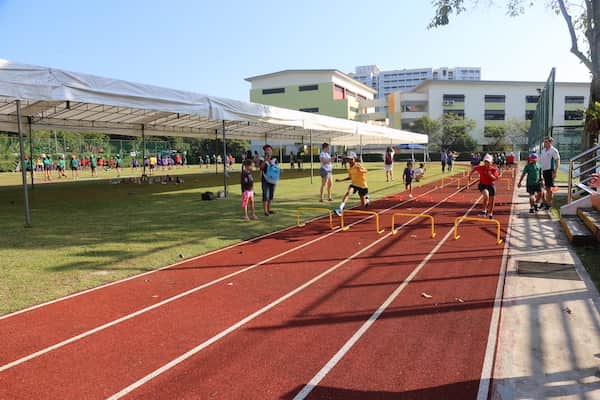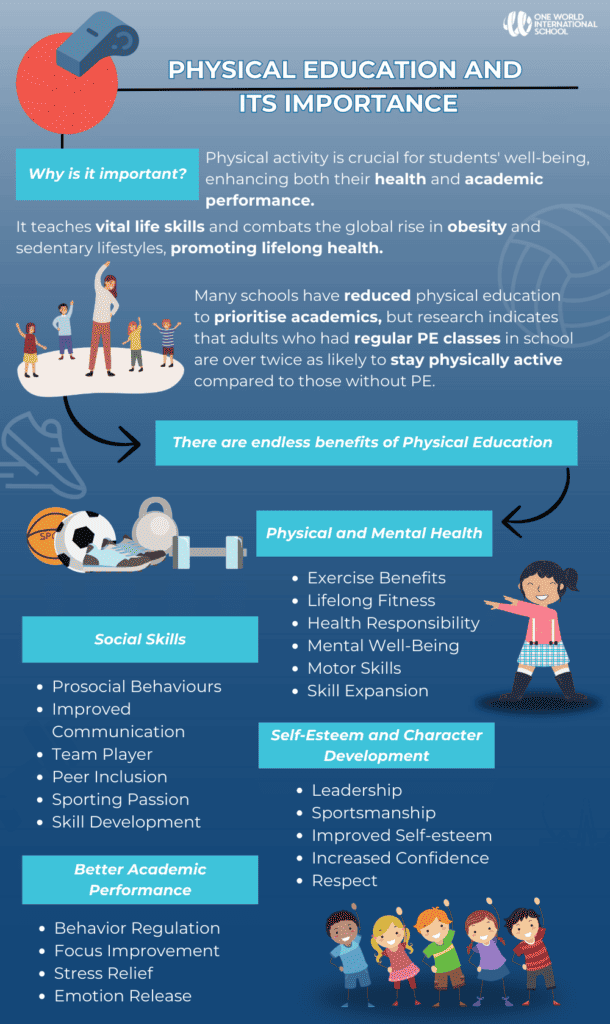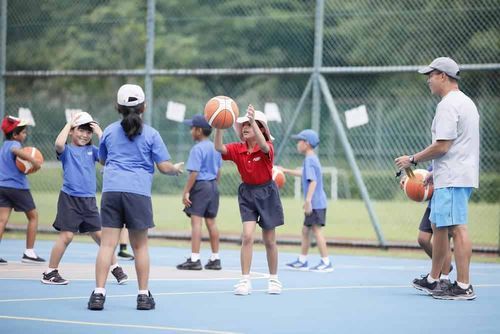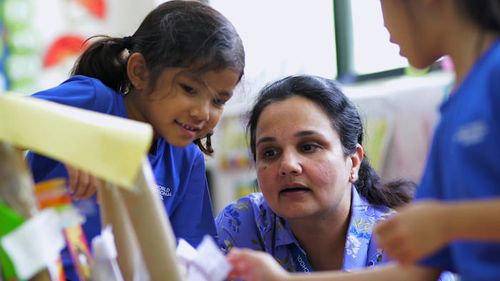It is no secret that appropriate physical activity is necessary to a student’s overall well-being. The benefits of physical education in schools are far-reaching, including both increased student physical health and better academic performance. Physical education is more than just running around a track or kicking a ball. It teaches children key life skills alongside improving their health and wellbeing. Obesity continues to rocket across the globe and more people are taking on sedentary lifestyles. Promoting a positive mindset about exercise from an early age will help to keep them healthy as they get older.

In recent years, many schools have cut back on their physical education programmes, placing greater emphasis on academics as they strive to prepare students for college and the workforce. Yet research shows that adults who had regular PE classes in school are more than twice as likely to be physically active as their non-PE counterparts. In fact, children who have regular Physical Education lessons at school will be likely to experience the following benefits:
Physical and Mental Health
Well-versed in child development, PE teachers ensure that the curriculum consists of age-appropriate activities that support growing minds and bodies. They will adapt lessons to make them appropriate for their groups and ensure that they do not overwhelm children with skills or requirements that may be too advanced. At the same time, they know when students are ready to be pushed. PE improves motor skills and increases muscle strength and bone density, which in turn makes students more likely to engage in healthy activity outside of school. Furthermore, it educates children on the positive benefits of exercise and allows them to understand how good it can make them feel.
Participating in PE puts children on track to make regular exercise a habit– one that can combat obesity and reduce the likelihood of developing chronic conditions such as heart disease and diabetes. It also helps to maintain their brain and mental health. By making exercise ‘normal’ from an early age this becomes ingrained in them throughout their lives.
Physical education motivates children to expand their skills, as grasping the fundamentals of one sport makes it easier to master the rules of another. Since students spend a considerable amount of time in school, it is an ideal setting to empower them to take responsibility for their health. Often a secondary benefit of physical education is that children become more aware of what they are putting in their bodies. They realise the importance of a healthy, balanced diet and that sugary snacks are not the best way to gain energy for their sport. They will often want to find out more about their bodies and this again teaches them to care for themselves and others.
Studies also suggest that students who are less active are more likely to experience sleep disorders. Regular exercise reduces stress and anxiety, contributing to healthy sleep patterns, which in turn lead to better mental health, immune system functioning, and overall well-being.
Social Skills
Physical education that begins in early childhood demonstrates the value of cooperation, while being part of a team gives them a sense of identity. When PE teachers model prosocial behaviours, children gain skills that pave the way for healthy interactions and relationships throughout life. This teaches them essential communication skills and social skills. It helps them become team players, work alongside a diverse range of team mates and be able to support others.
Learning the fundamentals of popular sports also provides a constructive way for students to fit in with their peers, especially as they approach adolescence. Being able to understand a range of sports or hobbies allows them to be part of something bigger than their classroom. They may find a real passion for a particular sport, start attending sporting fixtures and they may even go on to have a career within the sporting industry. Having the opportunities to ignite this type of passion whilst developing a range of skills is hugely important.
Self-Esteem and Character Development
Playing team sports in a structured setting reinforces leadership and good sportsmanship. Playing various roles on a team and gaining new skills encourage students to respect themselves and their peers. It also teaches them to be understanding to others and support them through their difficulties.
Gestures such as a hand shake, a pat on the back or a high-five from a team-mate helps to build confidence and camaraderie, and earning praise from coaches or other players also helps to improve self-esteem. This then leads to increasing children’s confidence to trust their abilities and to progress their skills within their sport. It is important for children to understand that self-esteem should not rely on winning or losing, but in the taking part and learning from every opportunity. Children who receive constructive criticism well are shown to be better at making changes to improve themselves, whether it be at school, in work or in sport.

As they hone their abilities through individual and team sports, children learn self-discipline and goal-setting. They learn that there will always be winners and losers but that it is important to accept this and to get back up when needed, or in turn to encourage those around us to carry on.
Discipline is essential for sport and this can be both mental and physical. In sport, children need to follow rules and take orders from their coaches. Sometimes they must accept decisions that they may not agree with. This teaches them an important life skill that will help them throughout their life and careers. According to the International Platform on Sport and Development, “Sport has been used as a practical tool to engage young people in their communities through volunteering, resulting in higher levels of leadership, community engagement and altruism among young people.”
Better Academic Performance
The many benefits of PE carry over from the playing field or gymnasium into the classroom, leading to better academic performance. Research reveals that children who take part in physical education are better able to regulate their behaviour and stay focused in class. Often sport gives children the opportunity to take their minds off their academic studies. It offers the chance for them to relax, release pent up emotions and to spend time having fun with their friends.

At OWIS, PE is a critical component of a well-rounded curriculum. To learn more, visit our Sports Programme page.
(This blog was originally written in collaboration with Ms Marisa Healy, former Physical Education (PE) Teacher, OWIS Nanyang.)














